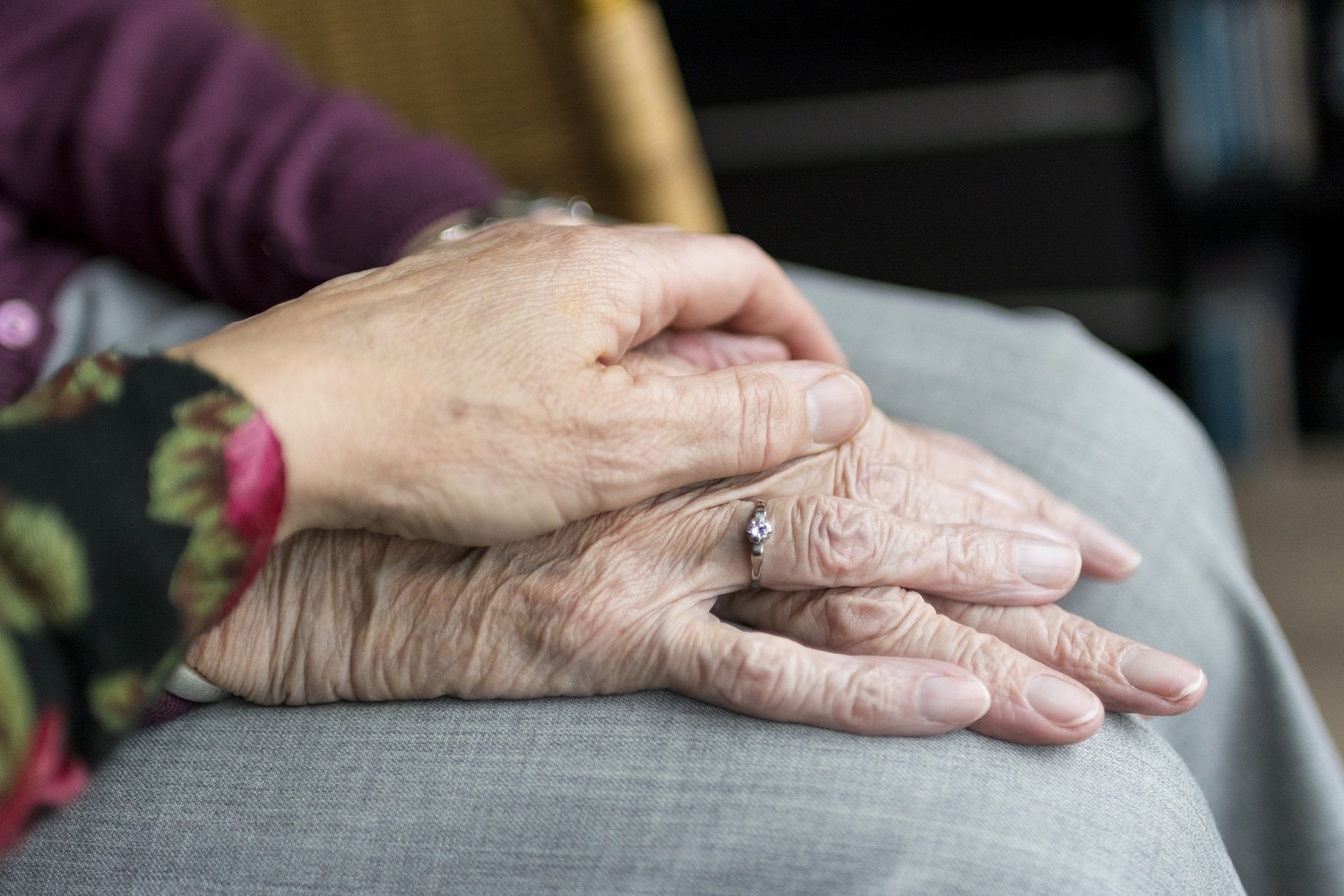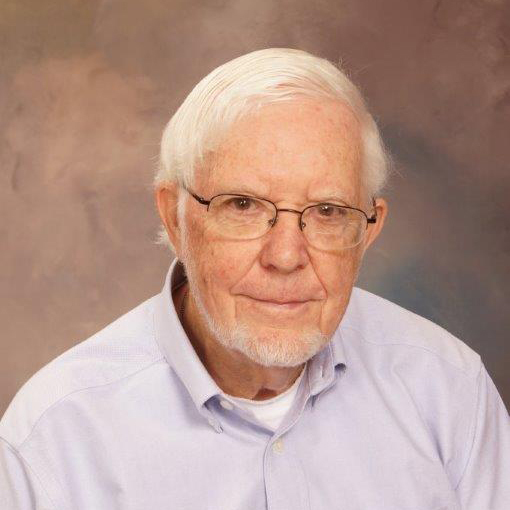
The comedian George Carlin joked that only children get excited about growing older.
Many people dread the thought of getting older and fear the losses and daily challenges that come with being older. They view older age as being useless, unhappy, and unwell. But there are some positive gains of being older. As the lyrics of the 1944 song read, “Accentuate the positive, eliminate the negative, latch on to the affirmative.”
In early old age, at retirement, you experience freedom from multitasking and the pressures of work. You become aware of the blessings of simple things. You are also free from the demands of being productive, and flourish in the deliverance from that stress. In time you develop a healthy balance between activity and rest, as life slows down. A group of over-busy retirees claimed they were going out west to form a new community, Mount Rush No More!
After discernment, you may discover a new vocation, one which you choose and gives you joy.This might be meaningful volunteer work or even another career. I took early retirement so I could have the freedom and time to write. Thanks to The Upper Room, I managed to write 19 books in those days. (I also self-published a book.)

Another blessing of early old age is something I learned from caring for people with Alzheimer’s disease. You realize the past is history, and the future a mystery, so you cherish the present. Although at times you may get in touch with the long-term memory of people with dementia, when their short-term memory is gone, all they have is the present moment.
When you are very old, like me (I am 90), you face inevitable health and financial issues. Yet there are still good things about this advanced age. You have time to grow your soul through contemplation and spiritual disciplines. As the apostle Paul wrote, “Though our bodies are dying, our spirits are being renewed every day” (2 Corinthians 4:16, NLT).
Three temptations of being old are to whine, to recline, and to decline. But there is a fourth option—to shine with our spirits. Soul growth involves the endless process of moving from the false self, being what others want us to be, to becoming who we really are. As one older woman put it, “Now I am more myself than I’ve ever been.”
In your much older years, you develop courage in the face of multiple losses and diminishment. Unless you are extremely fortunate, much older age will bring multiple losses of health, freedom, and family. When you lose your car, your independence is taken from you, sometimes against your will. Golda Meir said, “Old age is like a plane flying through a storm; once you’re aboard, there’s nothing you can do.” However, you find God gives you strength to meet these challenges, so you never give up or give in to them. I have had to deal with several physical issues of older age, the worst being neuropathy. Because of this condition, I wear braces and am confined to a walker. However, I somehow keep the faith and try to stay alive mentally and spiritually.
Another good thing about being much older is having the time to simplify life—to start clearing out possessions you no longer need. Margareta Magnusson calls this “death cleaning.” The process of clearing out clutter can begin at any stage of life, but it becomes imperative when you are much older. Decluttering is a gift for your family, who will be spared this task, because they often don’t know what to do with all your stuff. It is also a cleansing experience, not being possessed by your possessions. I have had to cull my library. It has not been not easy to decide what few books to keep and to give away the rest.
My library is now a ghost of its past. It was hard to say goodbye to cherished books that influenced my life. Argentine author Jorge Luis Borges spoke for all book lovers when he said, “I have always imagined that Paradise will be a kind of library.”
These are positive gains of being old, far outweighing the negative losses. Being old doesn’t have to be all doom and gloom. It can mean the joy of new beginnings.

Richard L. Morgan, a retired Presbyterian (USA) pastor, offers pastoral care to residents with dementia and their caregivers and facilitates an Alzheimer’s support group at the Redstone Highlands retirement community near Pittsburgh, Pennsylvania. He also writes a bimonthly newsletter, “Notes at 90,” for family and friends. In addition to his seminary training, Richard has an MA in Counseling and training in clinical pastoral education. He is the author or coauthor of 20 books.

